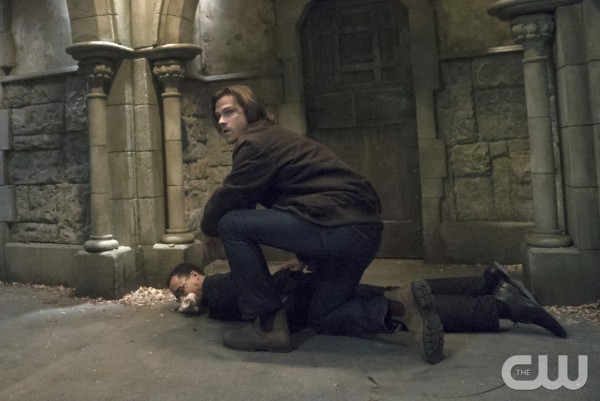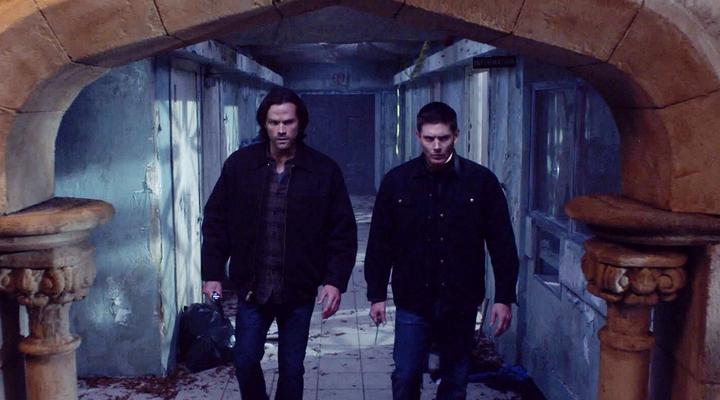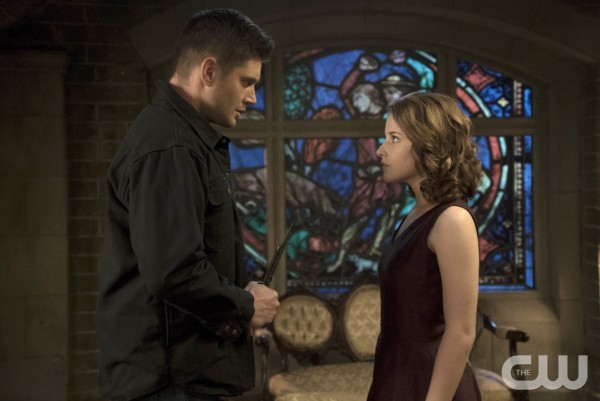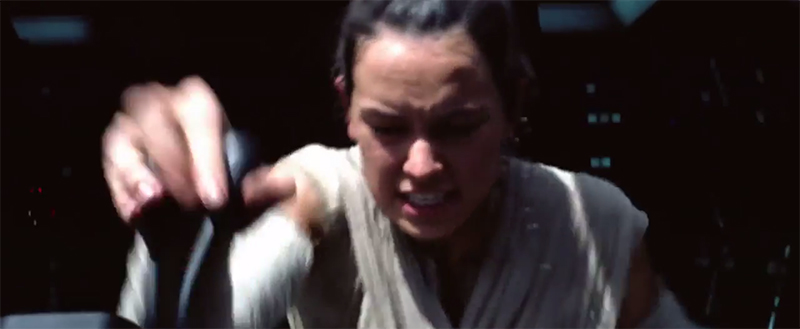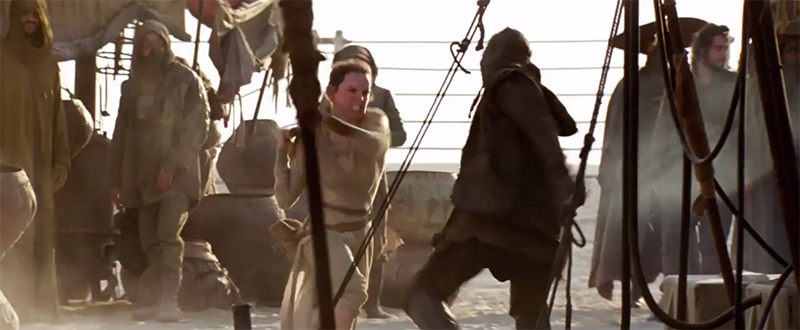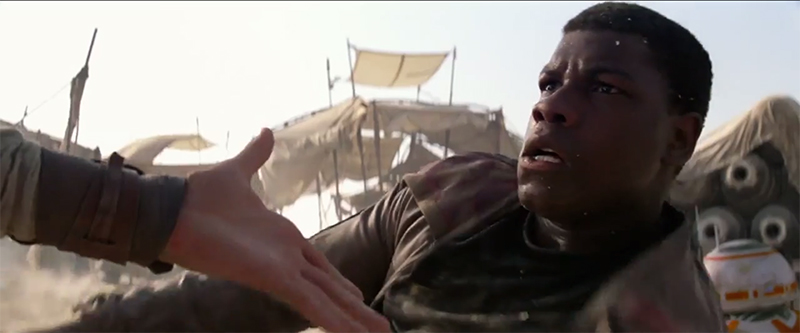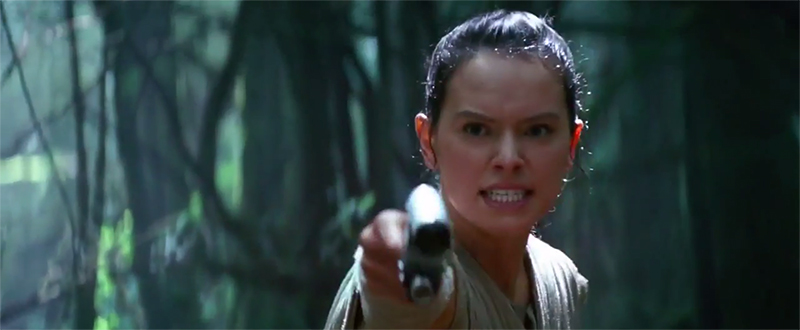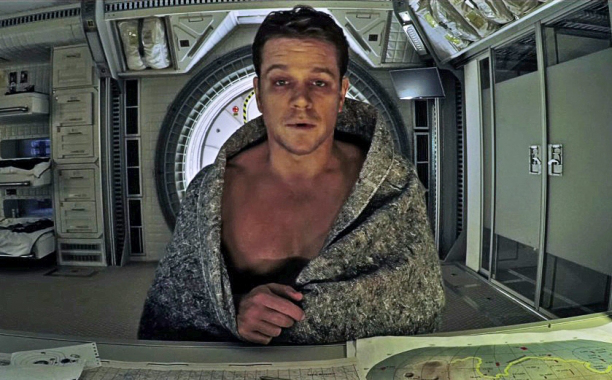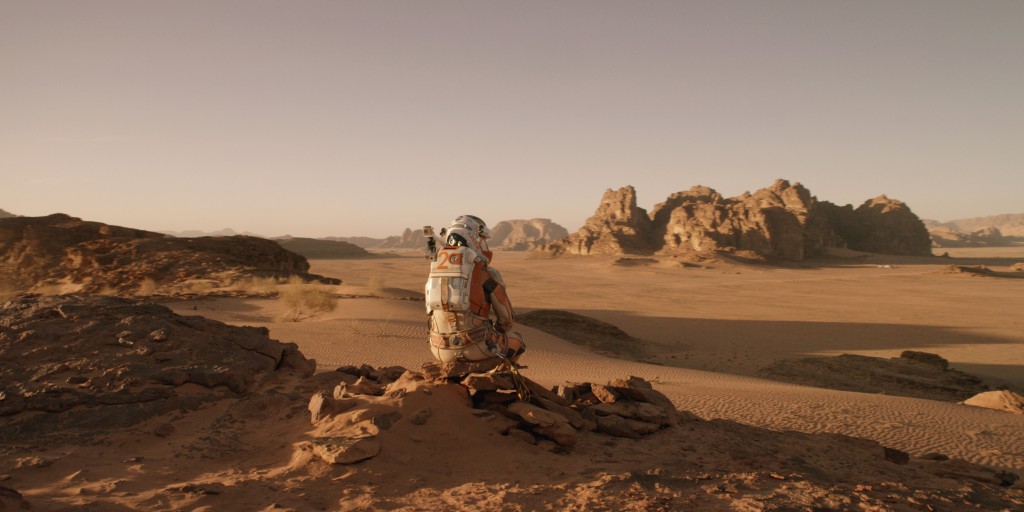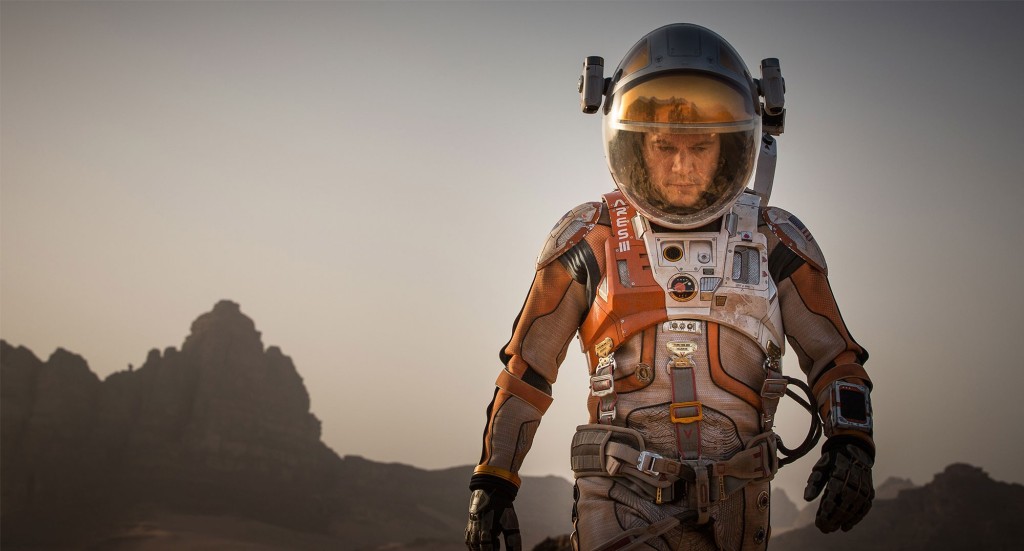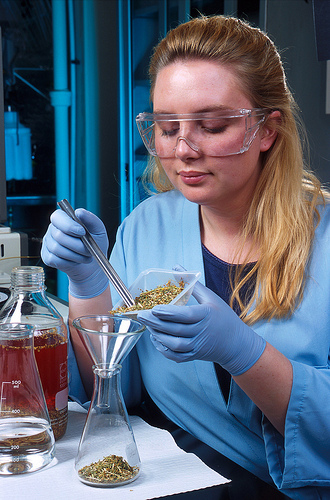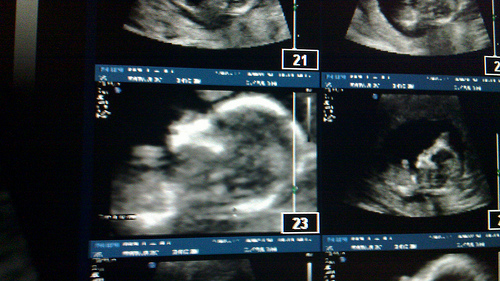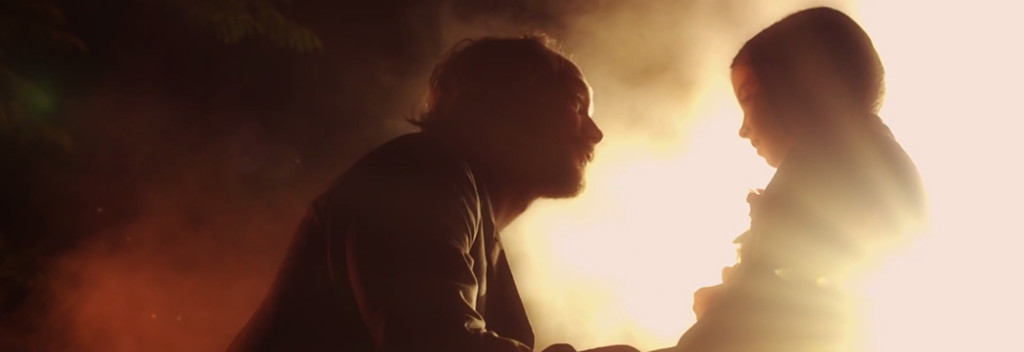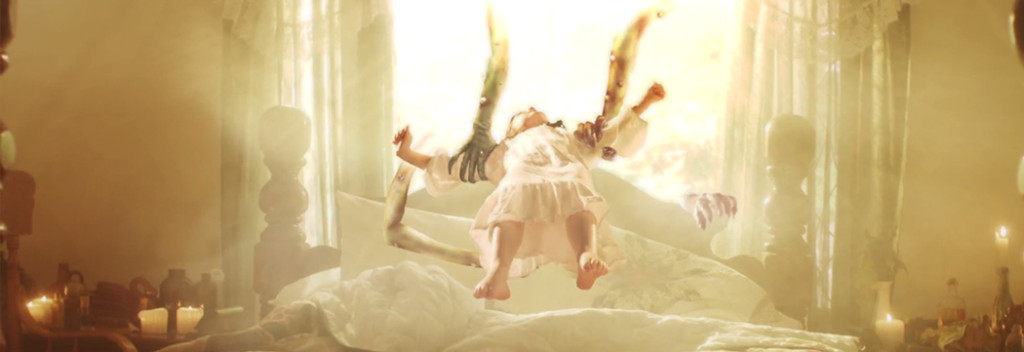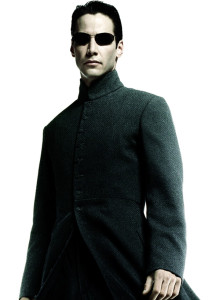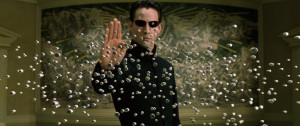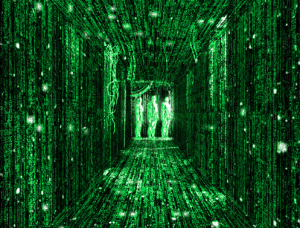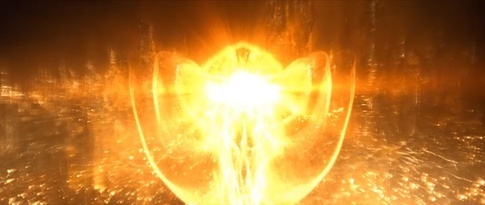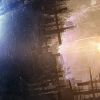“Deep in the human unconscious is a pervasive need for a logical universe
that makes sense. But the real universe is always one step beyond logic.”
― Frank Herbert, Dune
It’s Messiah Week!
#1: Neo from The Matrix
#2: Paul Atreides from Dune
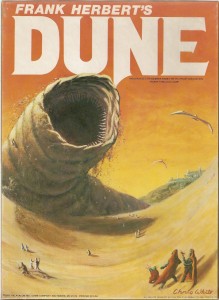 Walk carefully.
Walk carefully.
Let’s Talk About… Paul Atreides
Messiah Level: Through The Roof, Or Like A Ton Of Bricks
If you thought The Matrix was too overtly Messianic, you obviously haven’t read Frank Herbert’s Dune.
It’s really difficult to summarize Dune in a simple fashion, because it’s not a simple book, even though it masquerades as one. The first novel’s Messiah story seems fairly straightforward: a prophesied superbeing, visions of glory and pain, martyrdom for one’s people, a religious figure stepping forth to save the world and convert a lifeless desert planet into a paradise, an eschatological (or very real) City of God. A good thing, right?
*crickets*
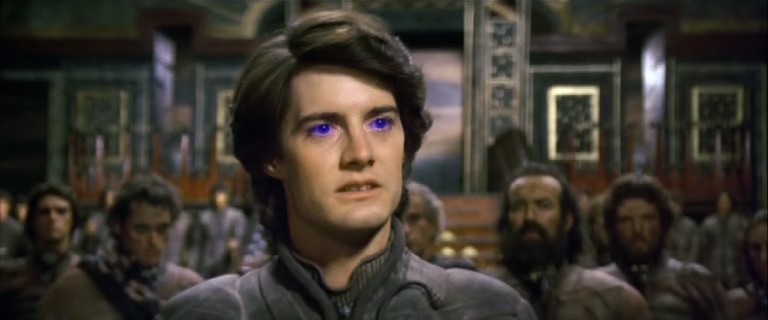 Kyle MacLachlan as Paul Atreides
Kyle MacLachlan as Paul Atreides
Dune is the story of Paul Atreides, the son of Duke Leto of Caledon and Arrakis, and his rise to galactic power. After the original novel, things get a little complicated, so for now we’re sticking with the first part of Paul’s story.
Paul is the unwitting product of a generations-long breeding program by the mystical Bene Gesserit sisterhood. The Bene Gesserit had been attempting to create the right combination of genetics that would become a super-being known as the Kwisatz Haderach, who would be able to see the future, and would have power over space and time. They’d been planning for the Kwisatz Haderach to be a trained Bene Gesserit, so that when he ascended to the throne he would be completely under their control; Paul, a product of love between the Bene Gesserit concubine Jessica and Duke Leto, came early and threw a wrench into ten thousand years of careful planning. Oops.
Paul survives a vicious attack on his family’s governance of the planet Arrakis by the galactic Emperor and the evil Baron Harkonnen, and flees into the desert, where he meets the native Fremen and takes on the Messianic mantle of Mahdi, or “Muad’dib.” Mahdi had been long prophesied as the being who will save the Fremen and make their desert planet into a paradise — much like how Jesus promises his followers the Kingdom of God. In the book, Paul leads the Fremen against the Harkonnens and the Emperor, avenging his father and eventually taking control of the Empire itself.
Seriously Messianic, right?
I told you it was complicated. Hang in there!
 Arrakis by EvaKedves
Arrakis by EvaKedves
One of the coolest parts of Dune‘s Messiah story is how it doesn’t rely entirely on prophecy, or the nitty-gritty death-and-resurrection details, to really describe Paul as a classic Christlike savior, although that’s all completely obvious. Instead, Herbert gives his Space Warrior Jesus a literal “desert experience” much like Christ’s own, which is something that doesn’t always happen in other Messianic takeoffs. Living in the desert with the native Fremen, existing in an ascetic life that had previously been unthinkable to him, awakens Paul’s latent abilities as the Kwisatz Haderach. His visions become clearer; he is better able to predict the future; he realizes what he must do. He begins to step forward publicly, and be adopted, as the Fremen savior.
This echoes Jesus’ own experience in the desert; after his baptism by Paul, he spends a subsequent forty days in the desert that changes him. He sees visions of the devil, which tempts him; he realizes what he must do. When he emerges from the desert, like Paul, he begins a public ministry that will forever change the world. Like Paul, Jesus knows what is coming; he has seen the sacrifice he must make, he knows what he must do, and he works towards it.
Lest you think Herbert really means to anoint Paul Atreides as a perfect messianic hero — and it’s easy to do — don’t forget that Herbert meant to subvert his own story with a very different message, something that becomes clearer once you progress further into the series. Reading Dune after knowing Herbert’s purpose for writing it might give a reader a completely different take on what Herbert really meant to say when he put Paul in power.
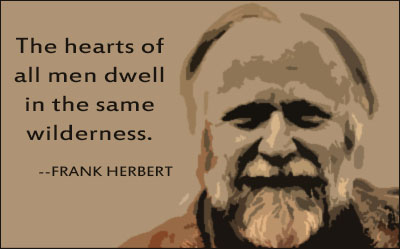 “The bottom line of the Dune trilogy is: beware of heroes. Much better rely on your own judgment, and your own mistakes,” Herbert said in 1979.
“The bottom line of the Dune trilogy is: beware of heroes. Much better rely on your own judgment, and your own mistakes,” Herbert said in 1979.
In 1985, he echoed: “Dune was aimed at this whole idea of the infallible leader because my view of history says that mistakes made by a leader (or made in a leader’s name) are amplified by the numbers who follow without question.”
Knowing that, Dune is an entirely different kind of story, isn’t it?
—
Subscribe to Sacred Earthlings for new story notifications!
Read the August Third Order story, “A Tomb For Demrick Fauston,” by Fred McGavran!
Support Sacred Earthlings through this Amazon link:
 Buying books in Seward, Alaska!
Buying books in Seward, Alaska!


